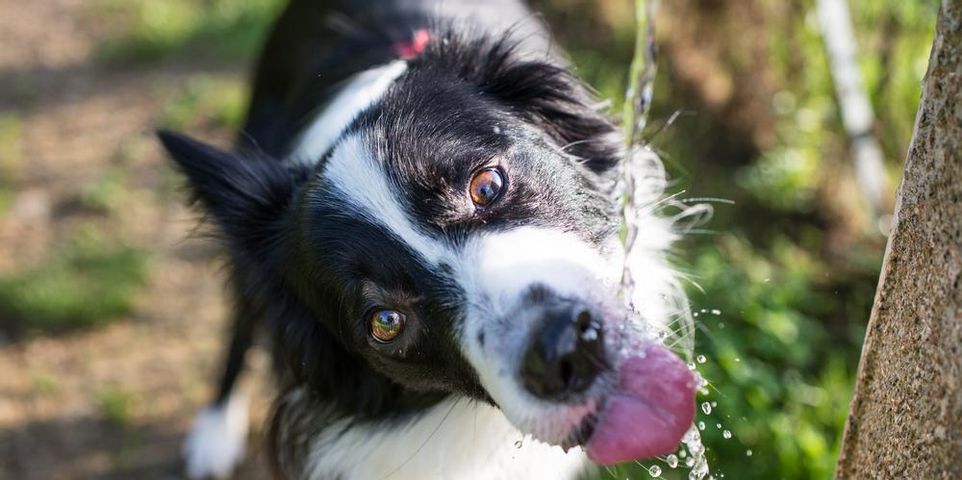
Summer came early in Ohio, and with it came plenty of dangerously hot days. While the heat wave brought up many concerns about community health and safety, Milford Animal Hospital hopes to remind pet owners that high temperatures also warrant extra attention for furry friends. To help your animals avoid heat-related hazards, this Milford, OH, pet care provider highlights important safety tips to follow when thermometers start rising.
Although no set temperature is considered dangerous for pets, 90°F is generally accepted as the maximum for house animals to be outdoors without proper protection. However, since certain animals react to heat differently, it’s better to be careful on any hot day. Essentially, if it’s too uncomfortable for you, your pet probably shouldn’t be in the heat either.
When you do notice the climate warming up, make sure to:
 Keep Animals Out of Cars & Yards: If you drive with a dog, it’s imperative you never leave them alone in a car. Heat intensifies quickly in vehicles—even if the windows are cracked—and can cause animals to experience a sudden heat stroke. Similarly, keep pets out of the yard in the afternoon when temperatures reach their peak.
Keep Animals Out of Cars & Yards: If you drive with a dog, it’s imperative you never leave them alone in a car. Heat intensifies quickly in vehicles—even if the windows are cracked—and can cause animals to experience a sudden heat stroke. Similarly, keep pets out of the yard in the afternoon when temperatures reach their peak.- Protect Paws From Pavement: Paved surfaces—such as sidewalks—can get incredibly hot under the summer sun. For animals, this heat can be incredibly uncomfortable and may even burn the surface of their paws. As such, avoid taking walks when surfaces are too hot to touch.
- Make Water Available All the Time: In addition to heat stroke, high temperatures can cause some animals to become dehydrated. Dehydration is usually met with a variety of symptoms, including fatigue and diarrhea. If untreated, it can lead to death. Fortunately, you can prevent this pet care problem by ensuring your dog or cat always has access to fresh, cool drinking water. If you exercise with your pet, bring extra water, as they will experience additional fluid loss with physical activity.
While sticking to these pet care tips will lower the risk of health problems during excessively hot days, it’s still essential to be aware of how your companion is handling the heat. If you notice changes in your animal’s behavior, chronic panting, high fevers, diarrhea or vomiting, he or she may be experiencing heat stroke or dehydration. In these cases, it’s best to take your dog or cat to a pet hospital for immediate treatment.
If you have pet care concerns—at any time of the year—Milford Animal Hospital has the resources and experience to help. Providing comprehensive veterinary care to Milford, OH, this pet clinic can confidently address pet health emergencies and routine medical needs. Learn more about their services online or call (513) 831-5530 to schedule an appointment.
About the Business
Have a question? Ask the experts!
Send your question

